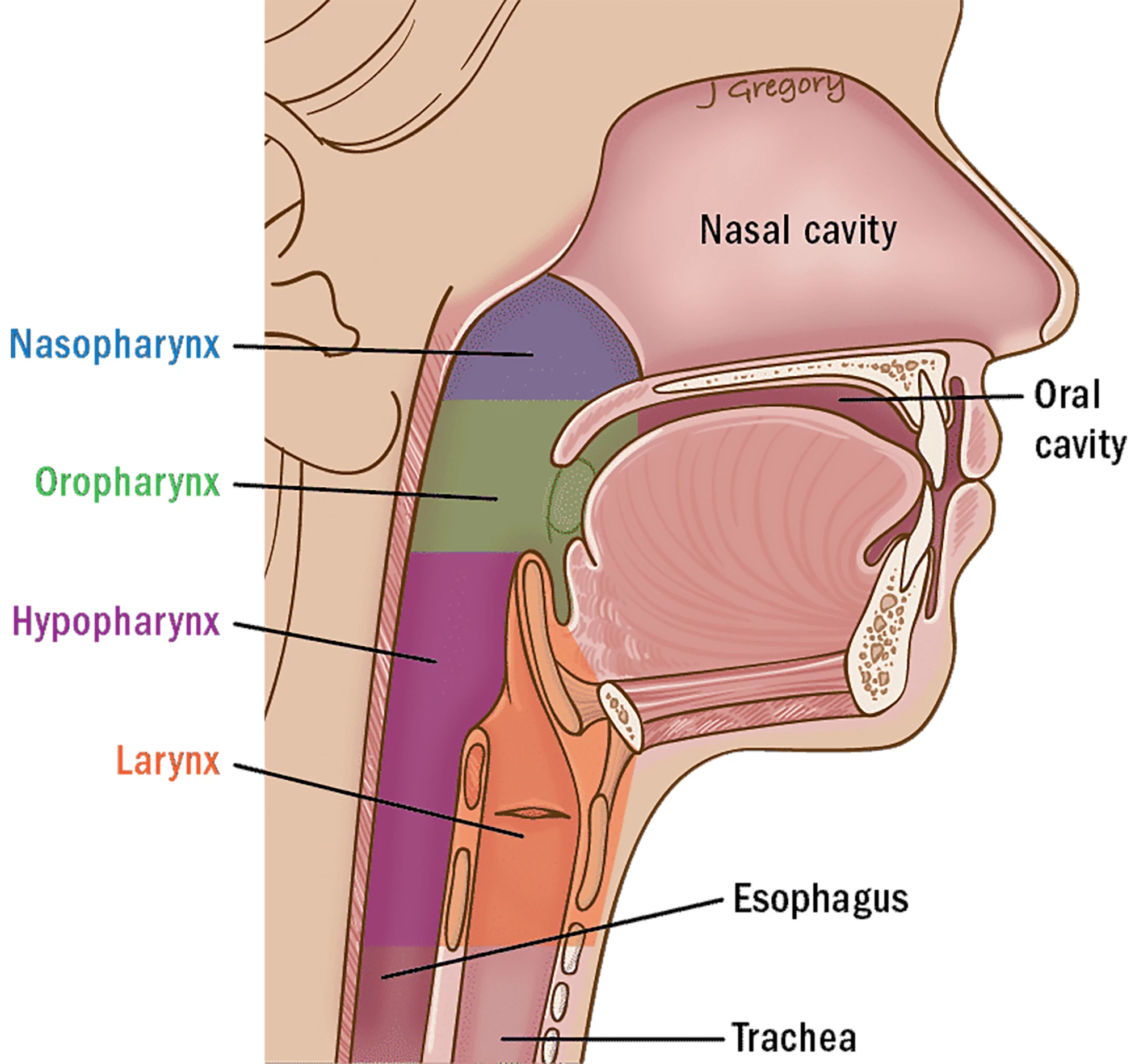While tobacco and alcohol are known to increase the risk of head and neck cancer, new research has found the amount of coffee and tea we drink can have a protective effect, reducing the risk of developing these sorts of cancers. Yes, even decaf.
Head and neck cancer (HNC) is a collective term used to describe cancers that form in the mouth, throat, voice box, sinuses and nasal cavity, and salivary glands. HNC is commonly associated with tobacco and alcohol use, but more recently, there’s been a rise in human papillomavirus (HPV)-related throat cancers.
Tobacco and alcohol are established HNC risk factors, but less is known about the impact of dietary factors, including coffee and tea. A new study led by researchers from the University of Utah’s (the U) Huntsman Cancer Institute has examined the link between coffee and tea consumption and the risk of developing HNC.
“While there has been prior research on coffee and tea consumption and reduced risk of cancer, this study highlighted their varying effects with different sub-sites of head and neck cancer, including the observation that even decaffeinated coffee had some positive impact,” said Yuan-Chin Amy Lee, an adjunct associate professor in the U’s Department of Family and Preventive Medicine.
The researchers analyzed data from 14 case-control studies associated with the International Head and Neck Cancer Epidemiology (INHANCE) Consortium, a collaboration of research groups leading large epidemiological studies of HNC. A case-control study compares two groups: those with the condition being studied (cases) and a similar group of people without it (controls). In the present study, there was a pooled total of 9,458 HNC cases and 15,783 controls.
All 14 studies collected information about coffee and tea consumption, with nine also collecting information about decaffeinated coffee. In addition to overall HNC cases, the researchers looked at the following subtypes: oral cavity cancer (lip, tongue, gum, floor of the mouth, and hard palate), cancer of the oropharynx, cancer of the hypopharynx, and cancer of the larynx. Patients with cancers of the salivary glands, nasal cavity/ear/sinuses, and overlapping head and neck cancers were excluded.

Compared with non-coffee drinkers, drinking more than four cups of caffeinated coffee daily was associated with a 17% reduction in HNC overall, a 30% reduction in oral cavity cancer, and a 22% reduction in oropharyngeal cancer. Drinking three to four cups of caffeinated coffee a day was associated with a 41% reduction in hypopharyngeal cancer. Consuming decaffeinated coffee was associated with a 25% reduced risk of oral cavity cancer. Drinking coffee, either caffeinated or decaffeinated, was not associated with laryngeal cancer risk.
The findings regarding decaffeinated coffee were particularly interesting to the researchers, who considered that caffeine provided a protective effect against cancer.
“Previous studies only reported on caffeinated coffee due to sparse decaffeinated coffee data,” the researchers said. “Perhaps bioactive compounds other than caffeine contribute to the potential anticancer effect of coffee and tea. Polyphenols, bioactive compounds found in caffeinated coffee, decaffeinated coffee, and tea, have exhibited antioxidative and anticancer properties that contribute to the inhibition of angiogenesis, proliferation, invasion, and metastasis of cancer cells.”
Regarding tea drinkers, drinking one cup or less of tea per day was associated with a 9% reduction in overall HNC risk and a 27% reduction in hypopharyngeal cancer. On the other hand, drinking more than one cup a day was associated with a 38% increased risk of laryngeal cancer. No association was seen between tea consumption and oral cavity or oropharyngeal cancers. The researchers note that the inconsistencies seen in tea’s protective effect might have to do with the type of tea consumed and the study region.
“The protective effect of tea on oral cavity cancer is primarily observed in Asia, where the primary tea consumed is green tea,” said the researchers. “Our analysis consisted of studies in Europe and North America, where black tea may be consumed more frequently. Even though both green and black tea are derived from Camelia sinensis leaves, black tea is oxidized, resulting in lower concentrations of catechins and decreased antioxidant activity.”
The study’s findings warrant further research into the protective effects of tea and coffee on HNC, especially in regions beyond North America and Europe, which is where the data analyzed in the present study was from. Such research may uncover the mechanism by which these beverages provide their anticancer protection.
“Coffee and tea habits are fairly complex, and these findings support the need for more data and further studies around the impact that coffee and tea can have on reducing cancer risk,” said Lee.
The study was published in the journal Cancer.
Source: University of Utah






